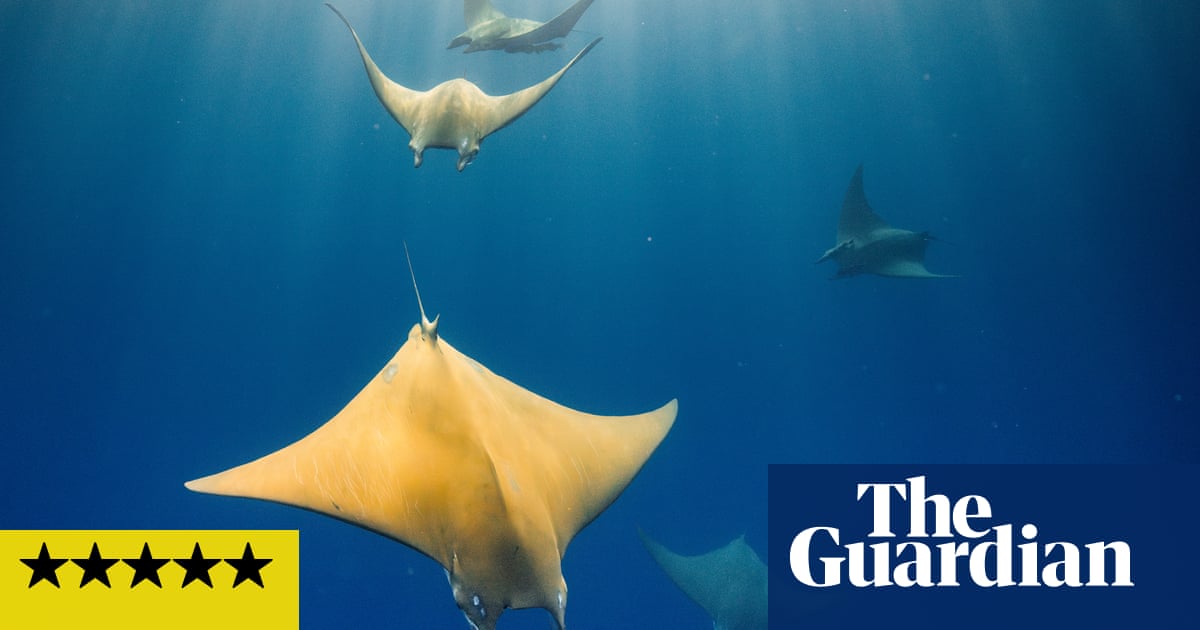Avisual marvel like all his work, governed by his own matchless authority and striking a steady tonal balance between warning and hope, David Attenborough’s new film about the oceans is absorbing and compelling. He makes a passionate case against the ruin caused by industrial overfishing and the sinister mega-trawlers which roam everywhere, raking the seabed with their vast metal nets, brutally and wastefully hoovering up fish populations of which the majority is often simply thrown away, depleting developing countries and fishing communities of their share. Attenborough says that this is the new colonialism. The film is released in cinemas in anticipation of the UN’s World Oceans Day in June, which is campaigning for 30% of the world’s oceans to be preserved from exploitation – at present, only around 3% is protected in this way.
As he arrives at his 99th birthday, Sir David presents this new documentary in the context of his own remarkable life and career, studying and thinking about the oceans as the last part of the world to be fully understood and also, perhaps, the last part to be exploited – and despoiled. As he says, until relatively recently, the ocean was regarded as a kind of mysterious, undifferentiated Sahara, a wilderness, of interest largely for providing an apparently endless supply of food. But he shows us an amazing vista of diversity and life, an extraordinary undulating landscape, a giant second planet of whose existence humanity has long been unaware but now seems in danger of damaging or even destroying.
Attenborough shows us that glorious places of colour and light and life can be scoured and scorched into a nuclear winter of nothingness by overfishing, but that by preserving places from this kind of industrialisation, creating “no take zones”, we can give the ocean and its lifeforms time to recover. This is often possible within quite a short space of time and the revived species can “spill over” into other zones; effectively, it is this preservation model that is being suggested.
But Attenborough is always emphasising that this is not a cause for complacency, for saying that overfishing doesn’t matter because the overfished areas can always be nursed back to life: because we never know how close we have come to the point of no return. Attenborough matches the natural world’s grandeur with his own intellectual and moral seriousness.
Ocean with David Attenborough is in cinemas from 8 May
